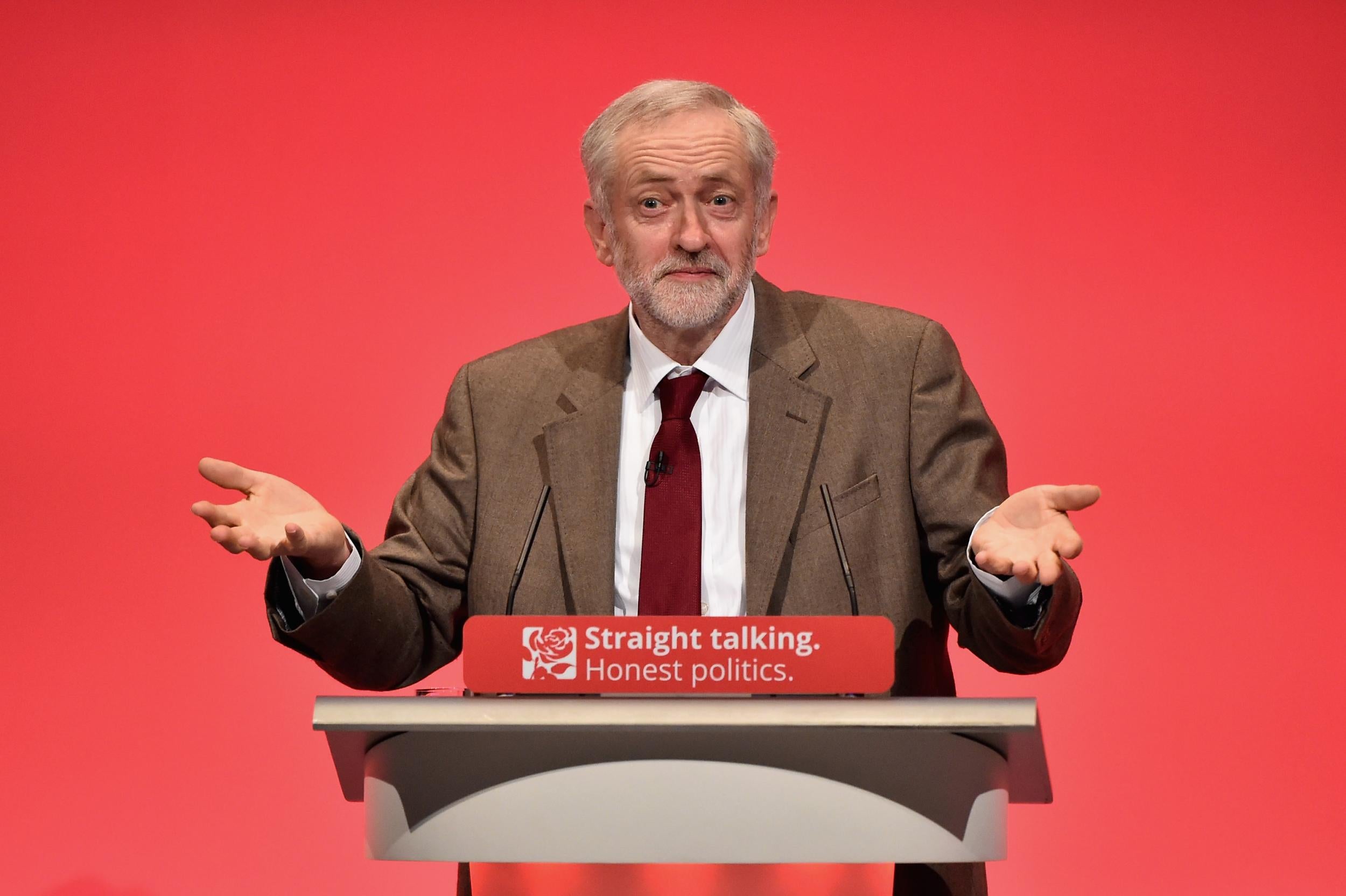The Brexit High Court ruling is a good thing – but it could have devastating consequences for Jeremy Corbyn's Labour
A lot of Labour MPs who voted Remain – Ed Miliband, for example – represent Leave constituencies. They now face an unpleasant choice

Your support helps us to tell the story
From reproductive rights to climate change to Big Tech, The Independent is on the ground when the story is developing. Whether it's investigating the financials of Elon Musk's pro-Trump PAC or producing our latest documentary, 'The A Word', which shines a light on the American women fighting for reproductive rights, we know how important it is to parse out the facts from the messaging.
At such a critical moment in US history, we need reporters on the ground. Your donation allows us to keep sending journalists to speak to both sides of the story.
The Independent is trusted by Americans across the entire political spectrum. And unlike many other quality news outlets, we choose not to lock Americans out of our reporting and analysis with paywalls. We believe quality journalism should be available to everyone, paid for by those who can afford it.
Your support makes all the difference.Today’s court judgment is in some ways good for the Labour Party (providing it isn't overturned on appeal), as it will force the Government to explain what its plan is for leaving the EU beyond "Brexit means Brexit". Perhaps it will also delay leaving the EU, which can only be a good thing for the de-industrialised communities that many Labour MPs represent, many of which receive EU structural funding.
It’s likely that we will still leave the EU, as not many Labour MPs will have the chutzpah to outright block the referendum result, especially given the tone of the tabloid headlines over the last few months. However, we might yet stay in the single market – a move which would temper an outright recession and save working class Labour voters from further stagnating wages, unemployment and inflation.
But this judgment also very bad for Labour, because it will mean an election in spring 2017 is even more likely. Theresa May can argue that the will of the British people has been frustrated, and run on a slate of clarity and stability. At the moment, Labour is averaging mid-20s in the polls and the Tories are circling around the early 40s. So unless something unprecedented happens in the next 6 months, Labour will probably get its worst results for 80 years.
These will be exacerbated by the fact that a lot of Labour MPs who voted Remain represent Leave constituencies (Ed Miliband is a prominent example). They'll be faced with the unpleasant choice of alienating their constituents in order to fight to stave off the worst excesses of Brexit. Knowing Labour MPs, this could lead to a lot of tedious triangulation that will probably cost a few of them their seats either way.
The scale of a Labour defeat does matter, because each MP has a certain amount of power to influence the Government. The fewer Labour MPs there are, the easier it is for the Government to do what it wants and push through the worst Brexit possible. It also means that Labour will have a bigger mountain to climb for the next general election.
Perversely, this is a good judgment with possible bad long-term consequences for the Labour Party, and it wouldn’t be that surprising if in six months’ time, they start wishing it had been overturned on appeal – providing it isn’t.
Jeremy Corbyn’s response to the judgment, in which he makes no comment on whether the UK should invoke Article 50 or not but focuses on forcing the Government to define what Brexit actually means, is probably the right one. But the Labour Party has to start acting like it is in the fight of its life, and come up with a strategic plan to get its core voters out and to keep hold of as many seats as possible.
This means engaging the thousands of new members, emphasising the urgency of the party’s circumstances, and ensuring resources are concentrated in marginal seats where it matters – instead of piling up activists in safe seats like Hackney North. Labour MPs need to put their grievances aside about their leader and actually work together to ensure the party’s polling improves.
The situation isn’t hopeless for Labour: if there’s one thing the last year has taught us, it’s that politics changes dramatically and quickly, and the Government is a lot weaker than it would like to admit. But the party faces difficult circumstances. It’s time to be honest about the political reality of that, and work out what to do about it.
Join our commenting forum
Join thought-provoking conversations, follow other Independent readers and see their replies
Comments